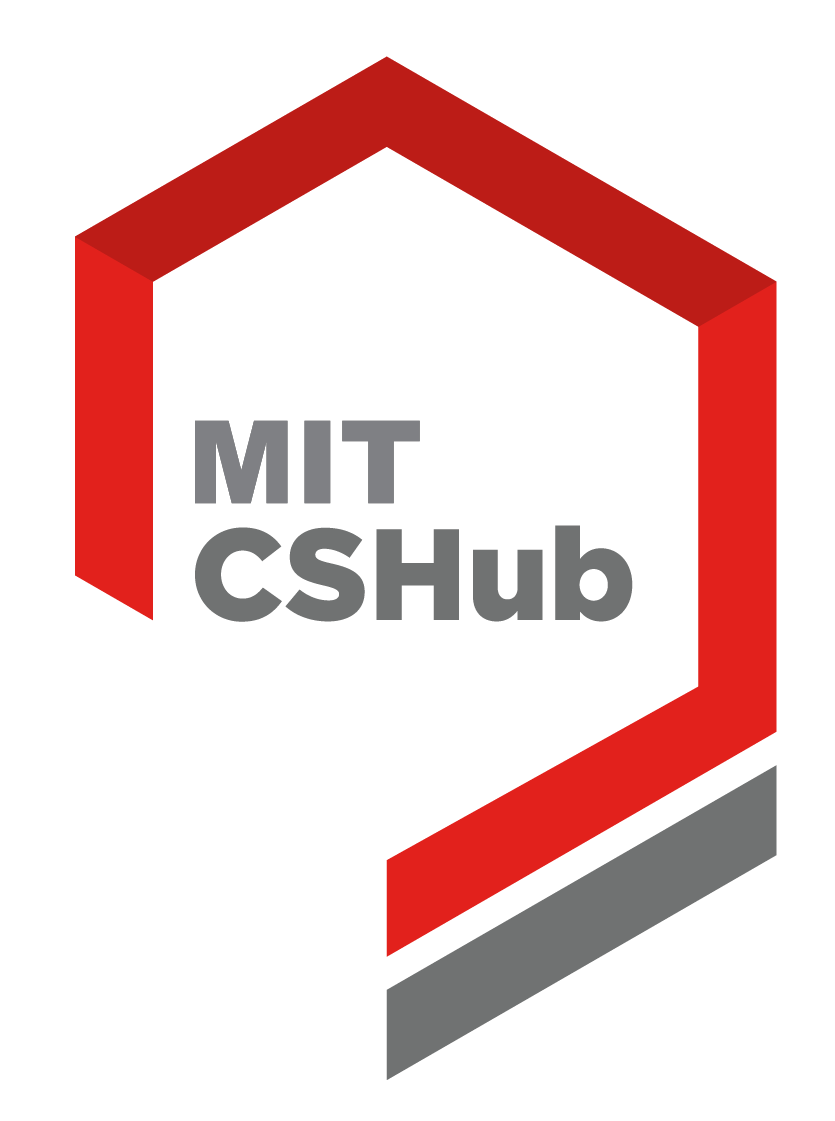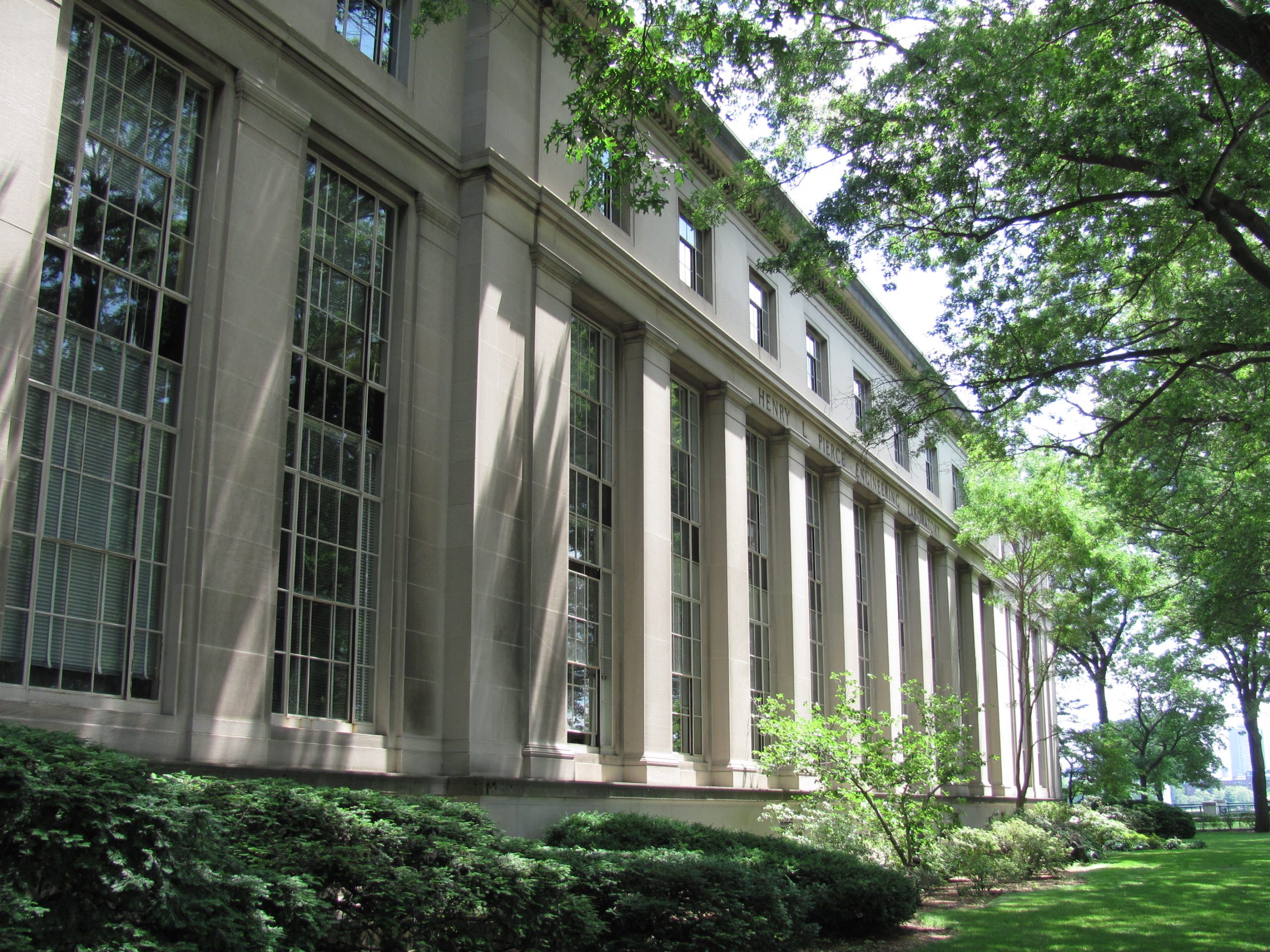In 2017, America’s roads received a D rating by the American Society of Civil Engineers. For cities and states to improve their grade, they must first be able to accurately measure the quality of their pavements. Unfortunately, this often proves expensive and challenging.
To address this problem, CSHub researchers have created Carbin, an app that directs users to their destination while measuring pavement quality and its effect on fuel consumption.
With every trip they take, Carbin users contribute to a growing public map of pavement and emissions data that can help to inform infrastructure repair and fight climate change. Carbin has already surveyed hundreds of thousands of lane miles around the globe in countries like Mexico, China, and the United States.
Learn more about the app and the research behind it in this article in The New York Times or in the topic summary and research brief below. You can download Carbin on Google Play or the App Store.
News
- MIT News: What a Single Car can Say About Traffic (February 2021)
- MIT News: Crowdsourcing data on road quality and excess fuel consumption (May 2021)
- The New York Times: Mapping Potholes by Phone (January 2020)
- Cheddar: Crowdsourcing Road-Quality Info With the Carbin App (December 2019)
- MIT News: Reading the Heartbeat of the Road (January 2019)
Topic Summaries
- Carbin: Crowdsourcing Pavement Data (March 2020)
Research Briefs
- Carbin: Crowdsourcing Road Conditions at Scale (September 2021)
- Assessing Road Quality Using Crowdsourced Smartphone Measurements (July 2020)
Publications
- Botshekan, M., Asaadi, E., Roxon, J., Ulm, F. J., Tootkaboni, M., & Louhghalam, A. (2021). Smartphone-enabled road condition monitoring: From accelerations to road roughness and excess energy dissipation. Proceedings of the Royal Society A, 477(2246), 20200701.
- Botshekan, M., Asadi, E., Roxon, J., Ulm, F-J., Tootkaboni, M., Louhghalam, A. (2021). Smartphone-enabled road condition monitoring: from accelerations to road roughness and excess energy dissipation. The Proceedings of the Royal Society, 477: 20200701. 20200701
- Botshekan, M., Roxon, J., Wanichkul, A., Chirananthavat, T., Chamoun, J., Ziq, M., . . . Ulm, F. (2020). Roughness-induced vehicle energy dissipation from crowdsourced smartphone measurements through random vibration theory. Data-Centric Engineering, 1, E16.
- Botshekan, M., Ulm, F-J. (2021). “Spatial and temporal memory effects in the Nagel-Schreckenberg model for crowdsourced traffic property determination.” Physical Review E, 104, 044102.

